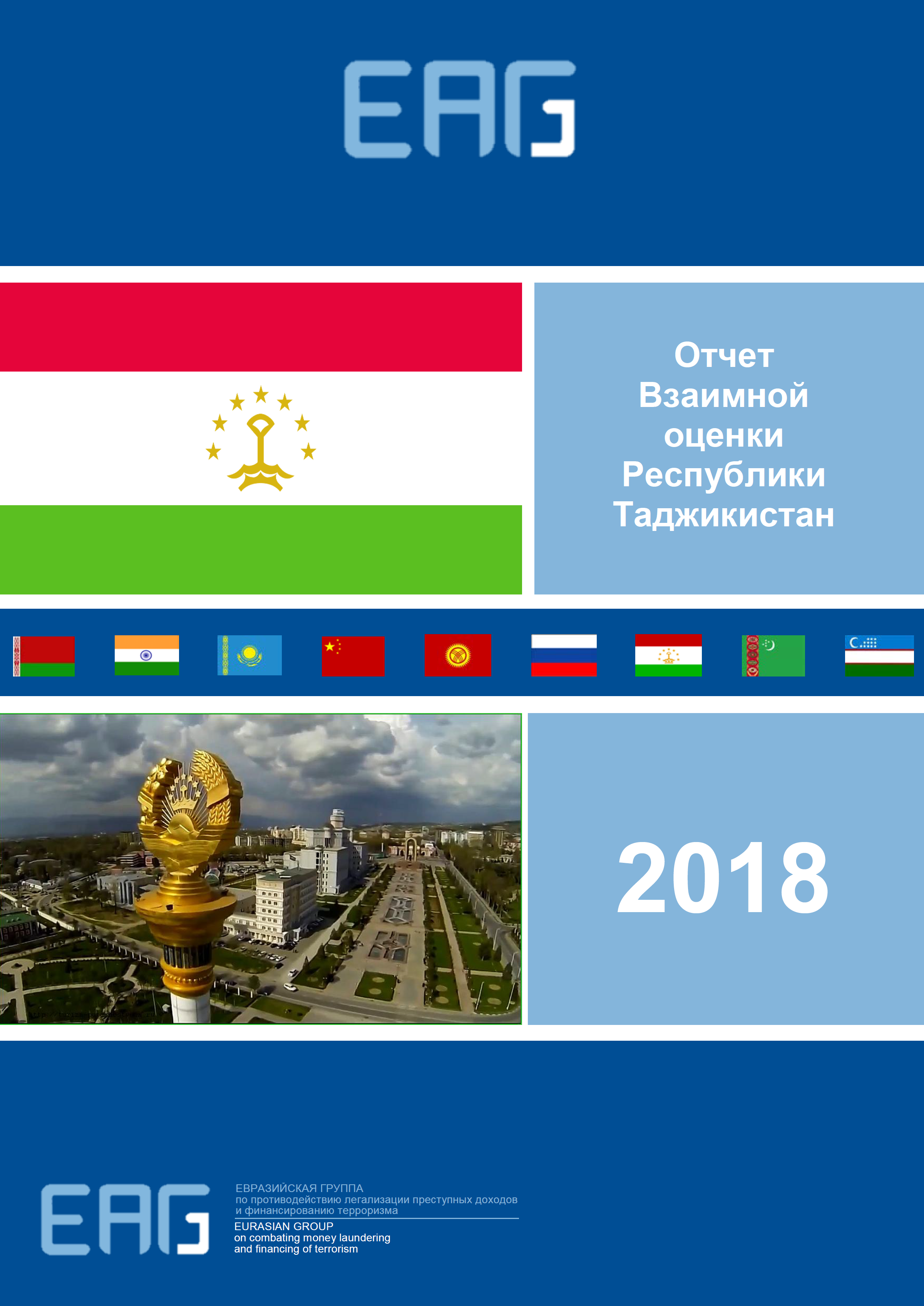-

28 December, 2018
The Republic of Tajikistan has a good legal basis for effective combating money laundering and the financing of terrorism. However, further steps are needed to strengthen the work on investigation of ML cases and confiscation of criminal proceeds, as well as on supervision and implementation of UN Security Council Resolutions.
The EAG has completed assessing the national system of the Republic of Tajikistan on combating money laundering and the financing of terrorism (hereinafter AML/CFT). The assessment is a comprehensive analysis of the effectiveness of the national AML/CFT system and technical compliance of the legislation of the Republic of Tajikistan with the FATF Recommendations. In accordance with the Procedures for the EAG 2nd round of mutual evaluations, the Republic of Tajikistan will report on its progress at the 31st Plenary meeting in November-December 2019.
The EAG acknowledges a good understanding of the TF risks inherent to the Republic of Tajikistan by competent authorities. At the same time, the country needs further steps to improve the understanding of ML risks by competent authorities. The main predicate offenses generating substantial criminal proceeds in the Republic of Tajikistan are bribery, corruption, tax crimes and crimes related to drug trafficking. In order to minimise the ML/TF risks, the Republic of Tajikistan had adopted various concepts and strategies, in particular, the President of the Republic of Tajikistan signed a decree approving the national concept of AML/CFT/PF for 2018-2025.
The law enforcement authorities of the Republic of Tajikistan in practice identify and investigate money laundering, however, the capabilities of law enforcement agencies to detect and investigate ML cases are not always used in full. With respect to TF issues, the law enforcement agencies of the Republic of Tajikistan identify individuals who collect, transfer and use funds for terrorist purposes and investigate criminal cases against these individuals. At the same time, law enforcement agencies use the full range of operational investigative technics and actions provided for by the law to secure TF cases.
Supervisory activities for financial institutions and DNFBPs generally correspond to the size and scope of sectors. At the same time, supervision is not based on a risk-based approach. This approach is planned to be implemented taking into account the results of the National ML/TF risk assessment and the adopted National AML/CFT/ PF concept.
The EAG notes that the Republic of Tajikistan actively provides mutual legal assistance and carries out extradition in connection with investigations, prosecutions and other procedures relating to predicate crimes. At the same time, law enforcement agencies lack the practice of international cooperation in cases involving ML and FT.

 Login to your account
Login to your account Eng
Eng Рус
Рус